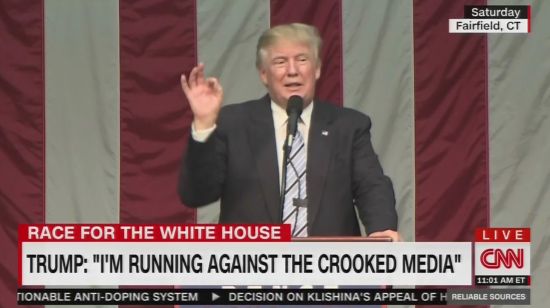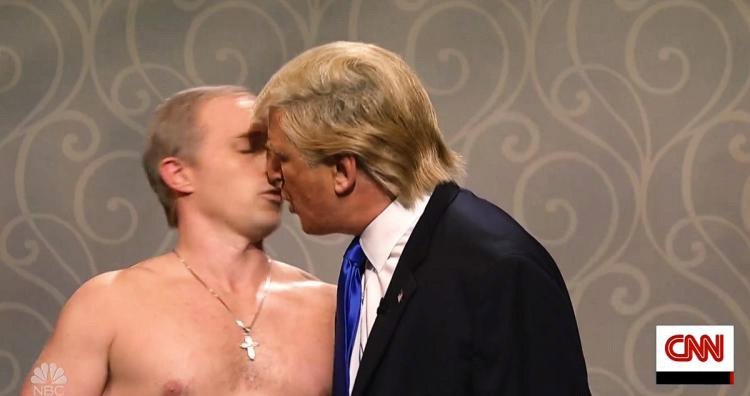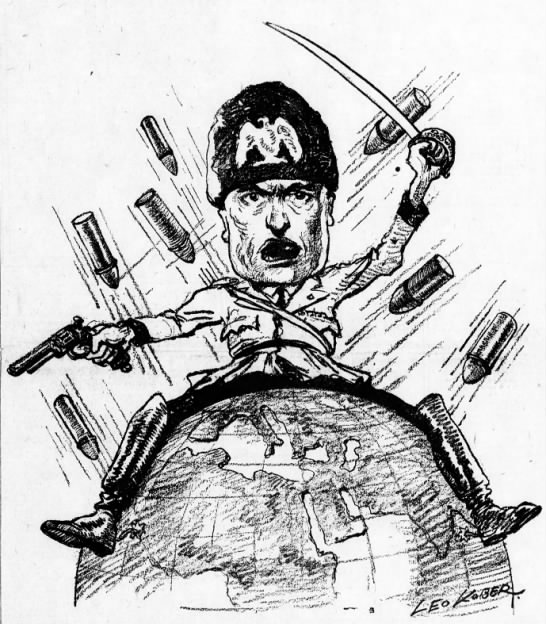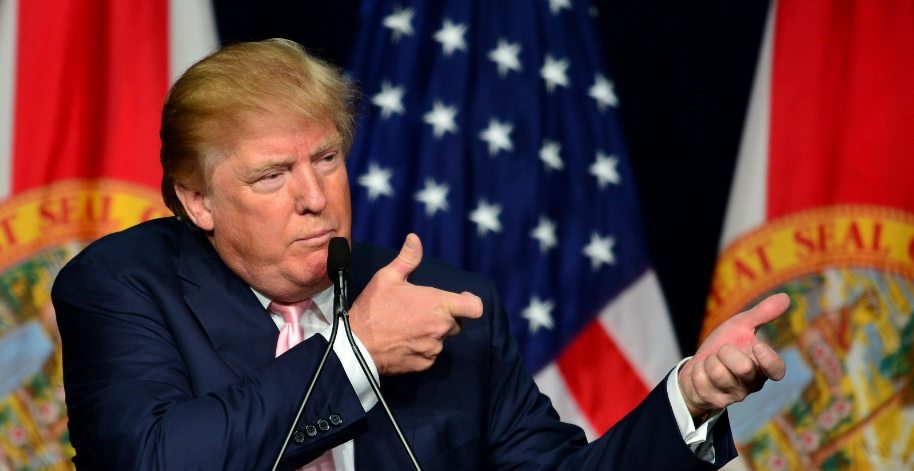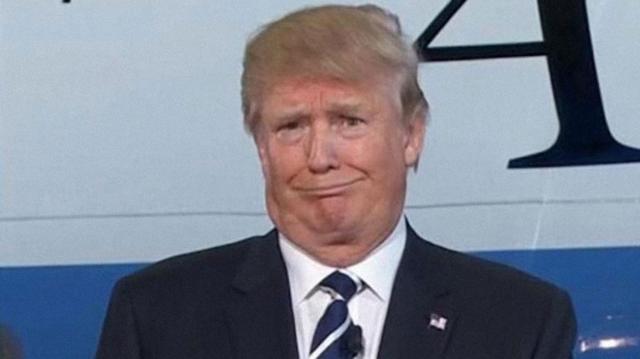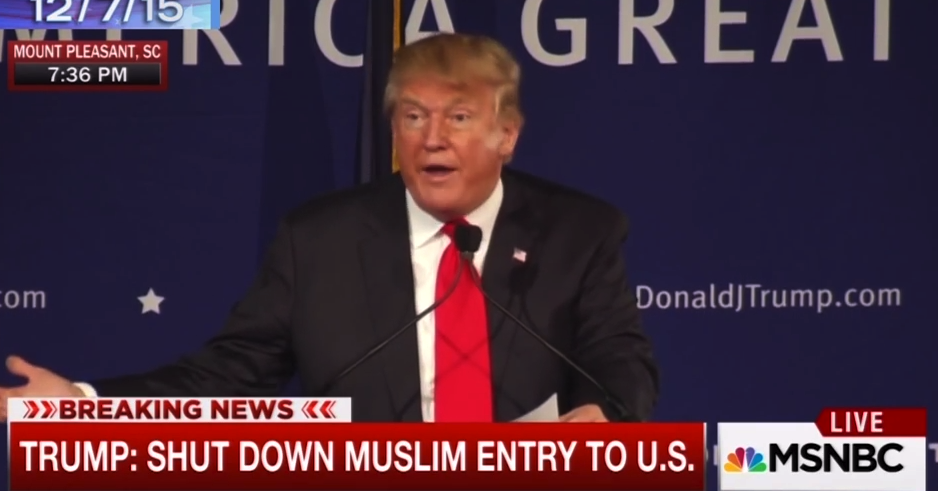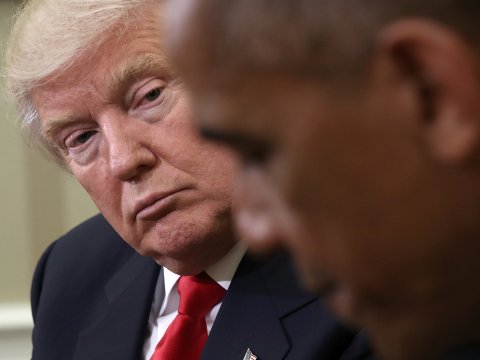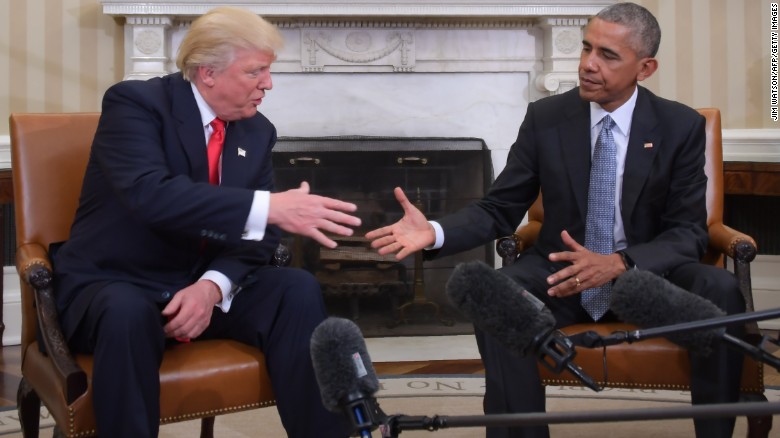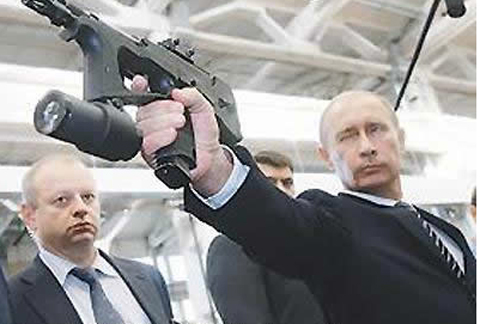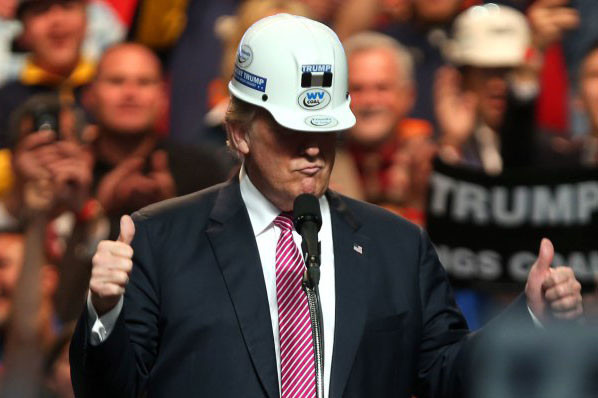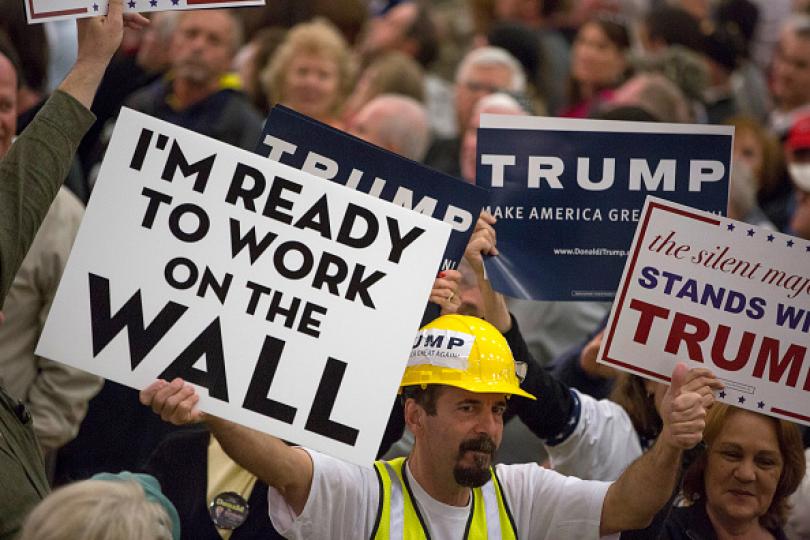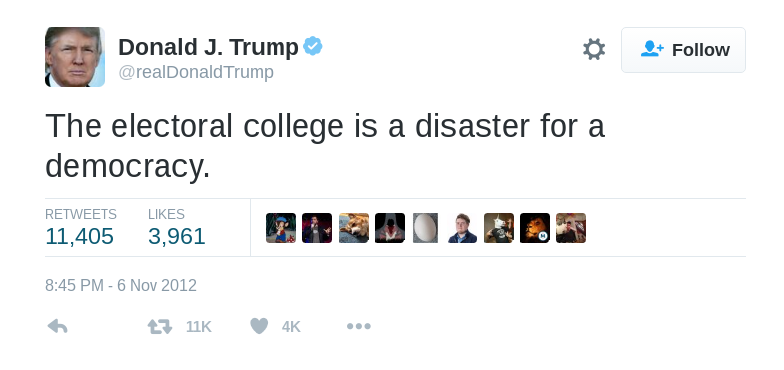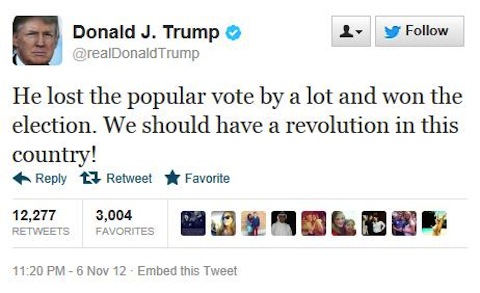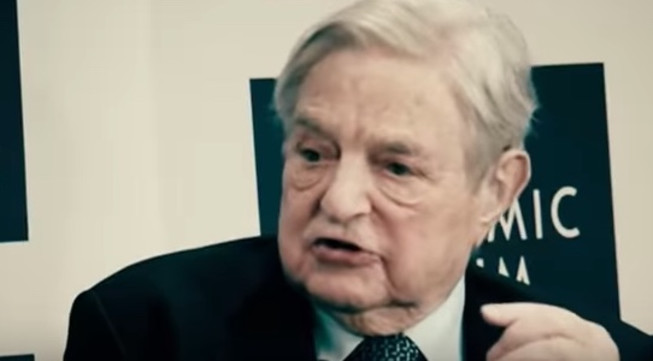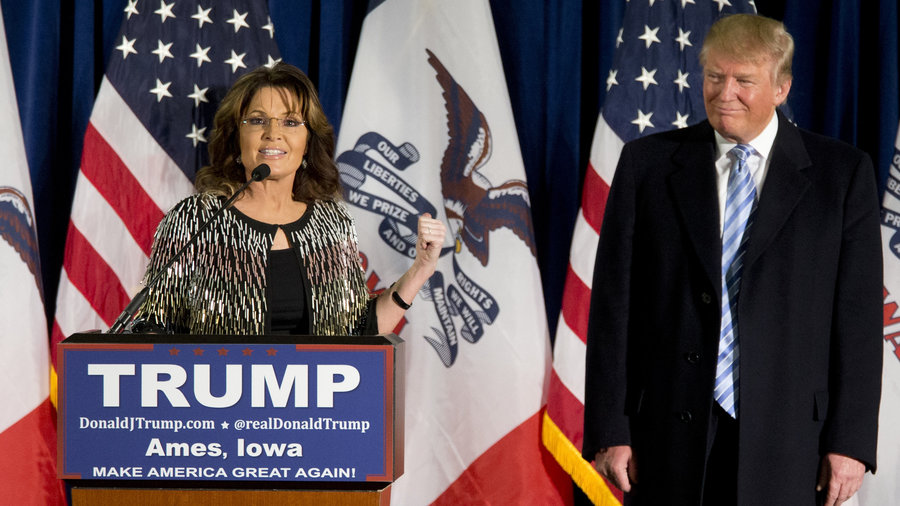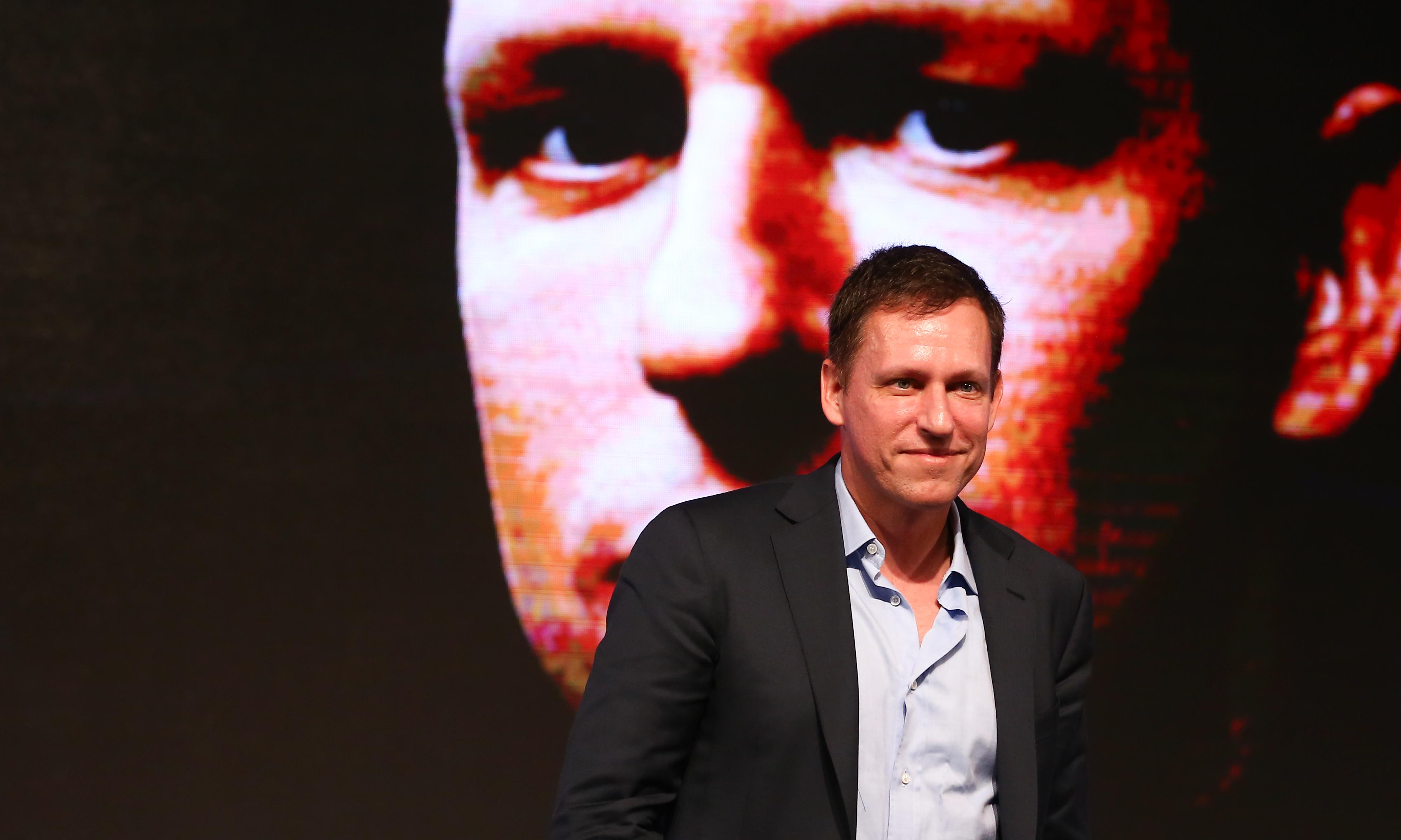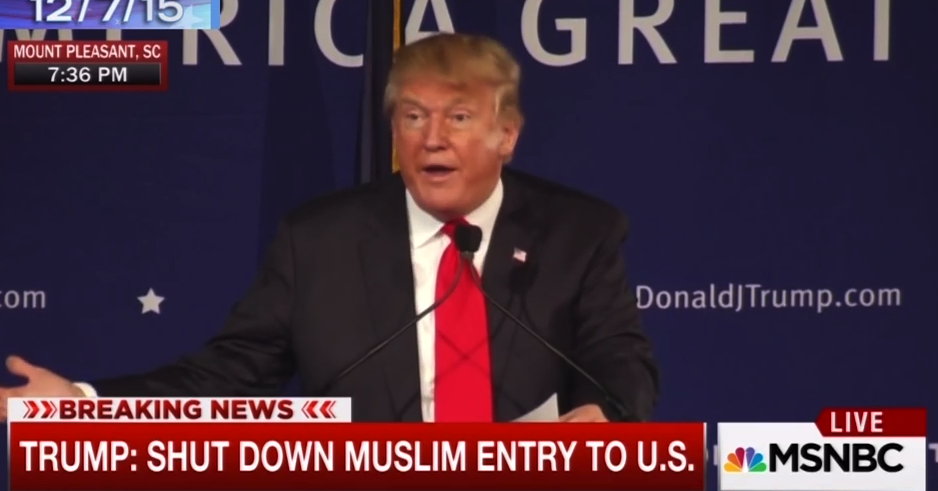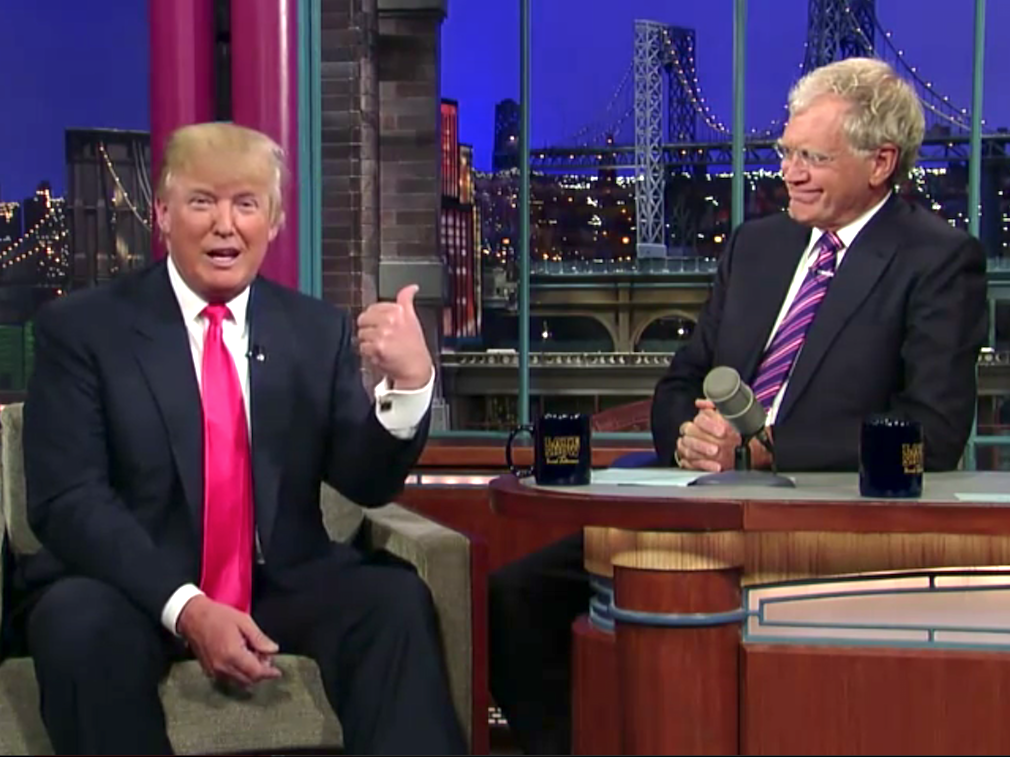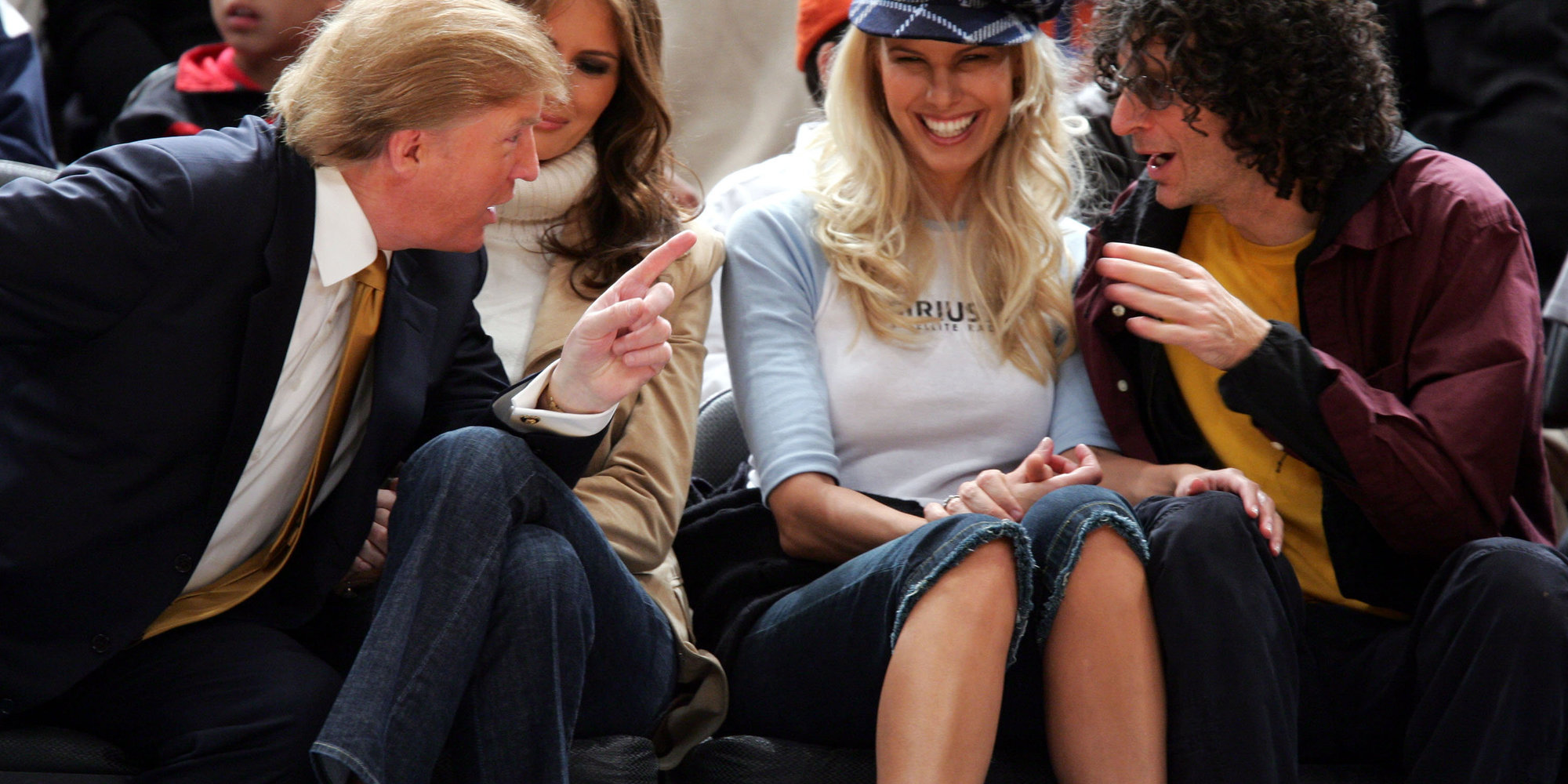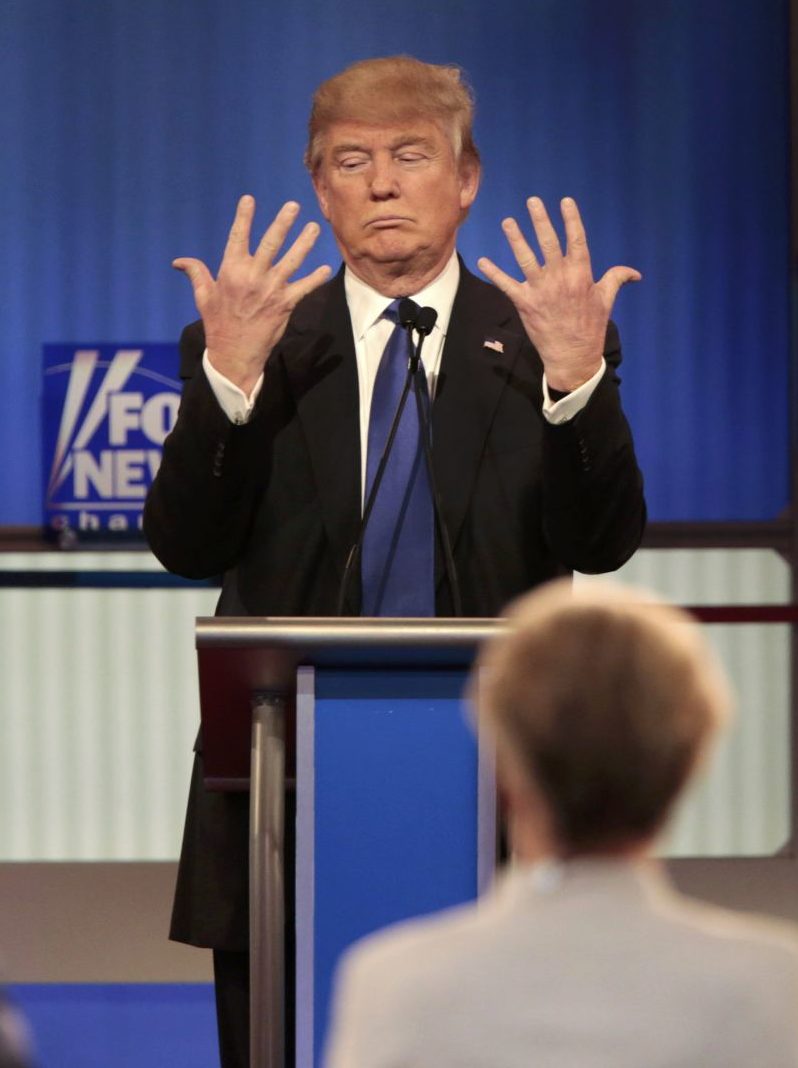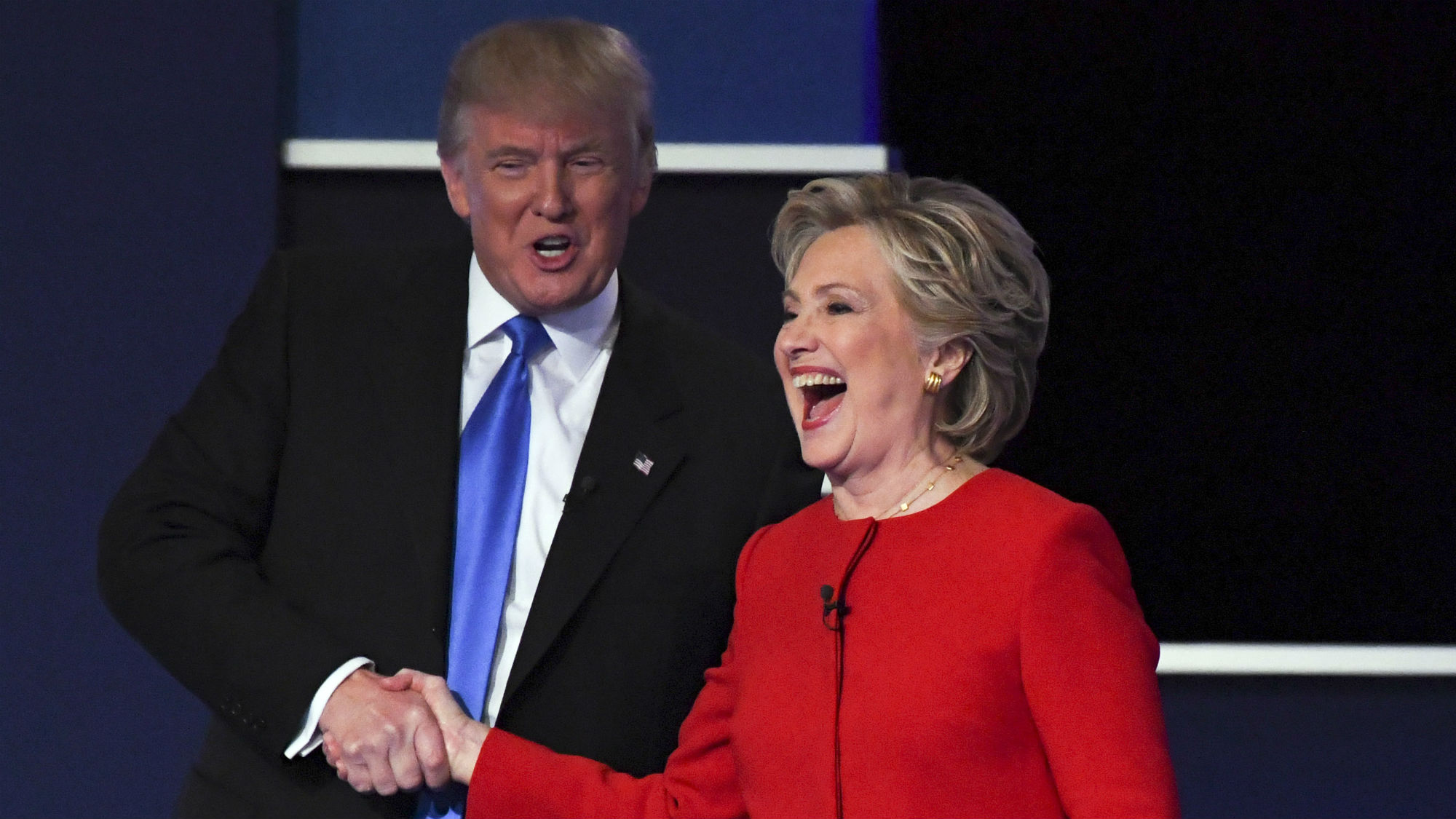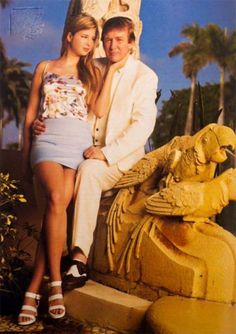Nihilism is sometimes an end but more often a means.
Truth can be fuzzy and facts imprecise, but an honest pursuit of these precious goods allows for a basic decency, a sense of order. Bombard such efforts for an adequate length of time, convince enough people that veracity and reality are fully amorphous, and opportunities for mischief abound.
Break down the normal rules (written and unwritten ones), create an air of confusion with shocking behaviors and statements, blast an opening where anything is possible–even “unspeakable things”–and a democracy can fall and tyranny rise. The timing has to be right, but sooner or later that time will arrive.
Has such a moment come for America? The conditions haven’t been this ripe for at least 60 years, and nothing can now be taken for granted.
In an excellent Guardian opinion piece, Ece Temelkuran explains how Turkey became a post-truth state, a nation-sized mirage, and how the same fate may befall Europe and the U.S. She certainly shares my concerns about the almost non-stop use of the world “elites” to neutralize the righteous into paralysis. An excerpt:
This refashioning of a post-truth, post-fact Turkey has not happened overnight. The process has involved the skilful and wilful manipulation of narratives. We gave up asking the astonished questions “How can they say or do that?” some time ago. Truth is a lost game in my country. In Europe and America, you still have time to rescue it – but you must learn from Turkey how easily it can be lost.
It started 15 years ago, with a phenomenon that will now be familiar to you, when intellectuals and journalists reacted to a nascent populism with the self-critical question: “Are we out of touch?” To counter that possibility, they widened the parameters of public debate to include those who were said to be representatives of “real people”. We thought our own tool, the ability to question and establish truth, would be adequate to keep the discourse safe. It wasn’t. Soon we were paralysed by the lies of populism, which always sounded more attractive than our boring facts.
We found, as you are now finding, that the new truth-building process does not require facts or the underpinning of agreed values. We were confronted – as you are being confronted – by a toxic vocabulary: “elite”, “experts”, “real people” and “alienated intellectuals”. The elite, with experts as mouthpieces of that oppressive elite, were portrayed as people detached from society, willing to suppress the needs, choices and beliefs of “real people”.
Events moved quickly.•


